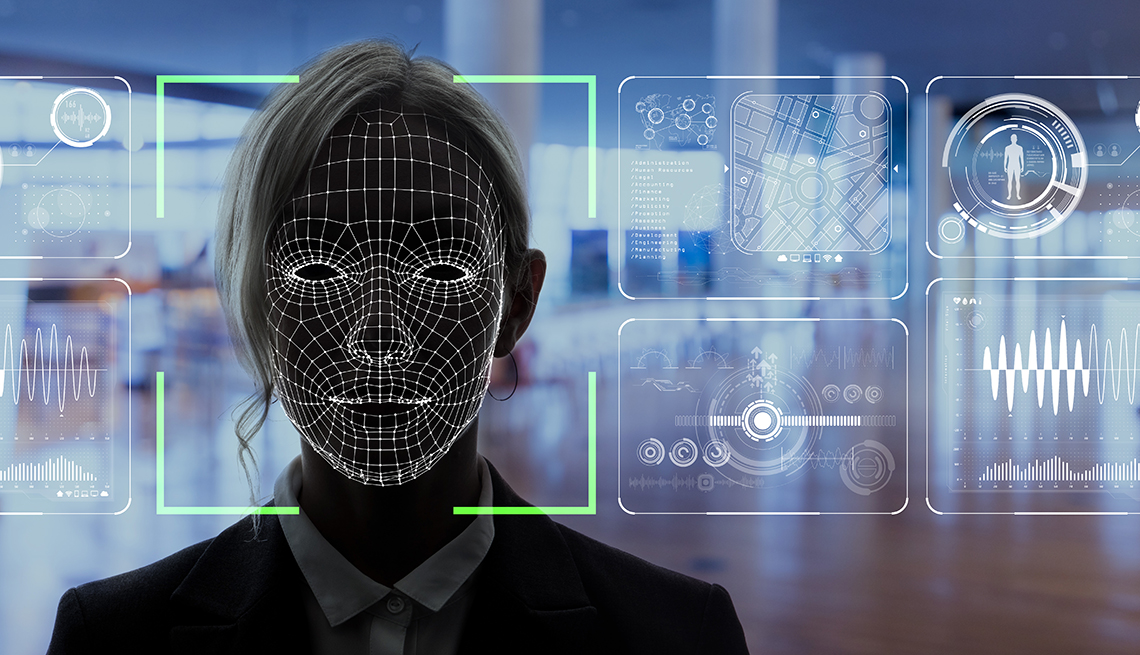Staying Fit
The Internal Revenue Service is backing away from a controversial plan that would have required federal taxpayers who log in to the agency’s website to verify their identities via facial recognition technology from a private company, a plan that drew harsh criticism from privacy advocates and some lawmakers.
As part of a program that was to start this summer, taxpayers were being asked to upload a selfie captured from a smartphone or webcam and have the photo matched against a picture from a driver’s license, state ID or passport. The IRS was teaming up with ID.me — a Virginia-based firm with facial recognition technology that remains in use at other federal agencies — to have this method be the sole way to access IRS.gov.


AARP Membership— $12 for your first year when you sign up for Automatic Renewal
Get instant access to members-only products and hundreds of discounts, a free second membership, and a subscription to AARP the Magazine.
“The IRS takes taxpayer privacy and security seriously, and we understand the concerns that have been raised,” IRS Commissioner Chuck Rettig said in a statement. “Everyone should feel comfortable with how their personal information is secured, and we are quickly pursuing short-term options that do not involve facial recognition.”
The IRS said in a news release that “it will transition away from using a third-party service for facial recognition to help authenticate people creating new online accounts ... over the coming weeks in order to prevent larger disruptions to taxpayers during filing season.” The agency added that the transition “does not interfere with the taxpayer’s ability to file their return or pay taxes owed ... [and that] people should continue to file their taxes as they normally would.”
ID.me to offer new verification option
A day after the IRS’ decision, ID.me announced a verification option that does not involve facial recognition. And the company said the option would be made available to all its government clients.
“We have listened to the feedback about facial recognition and are making this important change, adding an option for users to verify directly with a human agent to ensure consumers have even more choice and control over their personal data,” ID.me founder and CEO Blake Hall said in a statement. “In recent weeks, we have modified our process so government agencies can empower people to choose to verify their identity with an expert human agent without going through a selfie check. Agencies can now select this configuration.”
ID.me subsequently announced what it is calling a "Human in the Loop" process in which a team of human agents can review a user’s application when that person’s ID card or selfie match is rejected during its automated verification process. If the information passes the manual review, users can continue to verify their identity through the automated process. If the human agent cannot verify the document or selfie, users are directed to a one-to-one live video chat to verify with a human agent.
The Human in the Loop team will support any user who has an ID card or selfie match rejected during the automated process with any of ID.me’s government agency partners, the company says.
All ID.me users will be able to delete their selfie or photo at account.ID.me beginning March 1.
Identity theft remains a problem
Facial recognition has long been a hot-button issue. Proponents point to the technology’s effectiveness in catching bad guys and in verifying that people are who they say they are. But critics say facial recognition is an invasion of privacy, potentially inaccurate and racially biased.
“The IRS’ plan to use facial recognition on people who are just trying to access their tax information online was a profound threat to everyone’s security and civil liberties," says Caitlin Seeley George, campaign director at the Boston-based digital advocacy group Fight for the Future. "We’re glad to see that grassroots activism and backlash from lawmakers and experts has forced the agency to back down."

































































